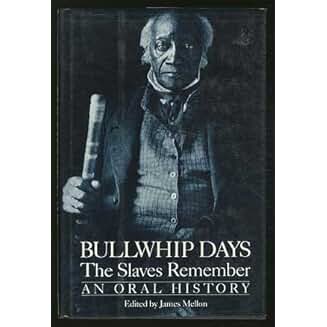To understand slavery, listen to the descendants
To understand slavery, listen to the descendants
By Michael Blakey February 23
Michael Blakey is National Endowment for the Humanities professor of anthropology, Africana and American studies and director of the Institute for Historical Biology at the College of William & Mary.
Since Charlottesville, we’ve heard more discourse around race, diversity and historical symbols, much of it focused on how to realize justice and equality for all Americans. We’ve arrived at an inflection point about the ways our collective past is reflected in our culture and in our public and educational spaces.
Amid the events Charlottesville spawned and the ensuing rhetoric about Confederate statues and what they represent, I have reflected on a different seminal moment: my time at Coolidge High School in Northwest Washington in the late 1960s. Well before “stay woke” became a mantra, students across this country were awakened to the need to include African and African American history and cultures in the curriculum. We were successful at Coolidge.
However, when I returned to Coolidge a decade ago and asked students about the hard-fought changes we achieved, I was told that they had been removed. Sadly, throughout this nation, the history curriculum remains an explicit promulgation of white privilege, exclusion and hoarding. Where is the equality in that?
What equality does one have if American and world history are taught as a white history with sidebars for the full spectrum of humanity? The Founding Fathers commanded and watched the work of our ancestors, writing histories that omitted their accomplishments. The lives of the enslaved people who actually built our country and produced its initial resources are left unacknowledged — one does not give credit to a mule for pulling the plow.
More:
https://www.washingtonpost.com/opinions/to-understand-slavery-listen-to-the-descendants/2018/02/23/592a6568-167c-11e8-b681-2d4d462a1921_story.html?utm_term=.c34e90b706fe
